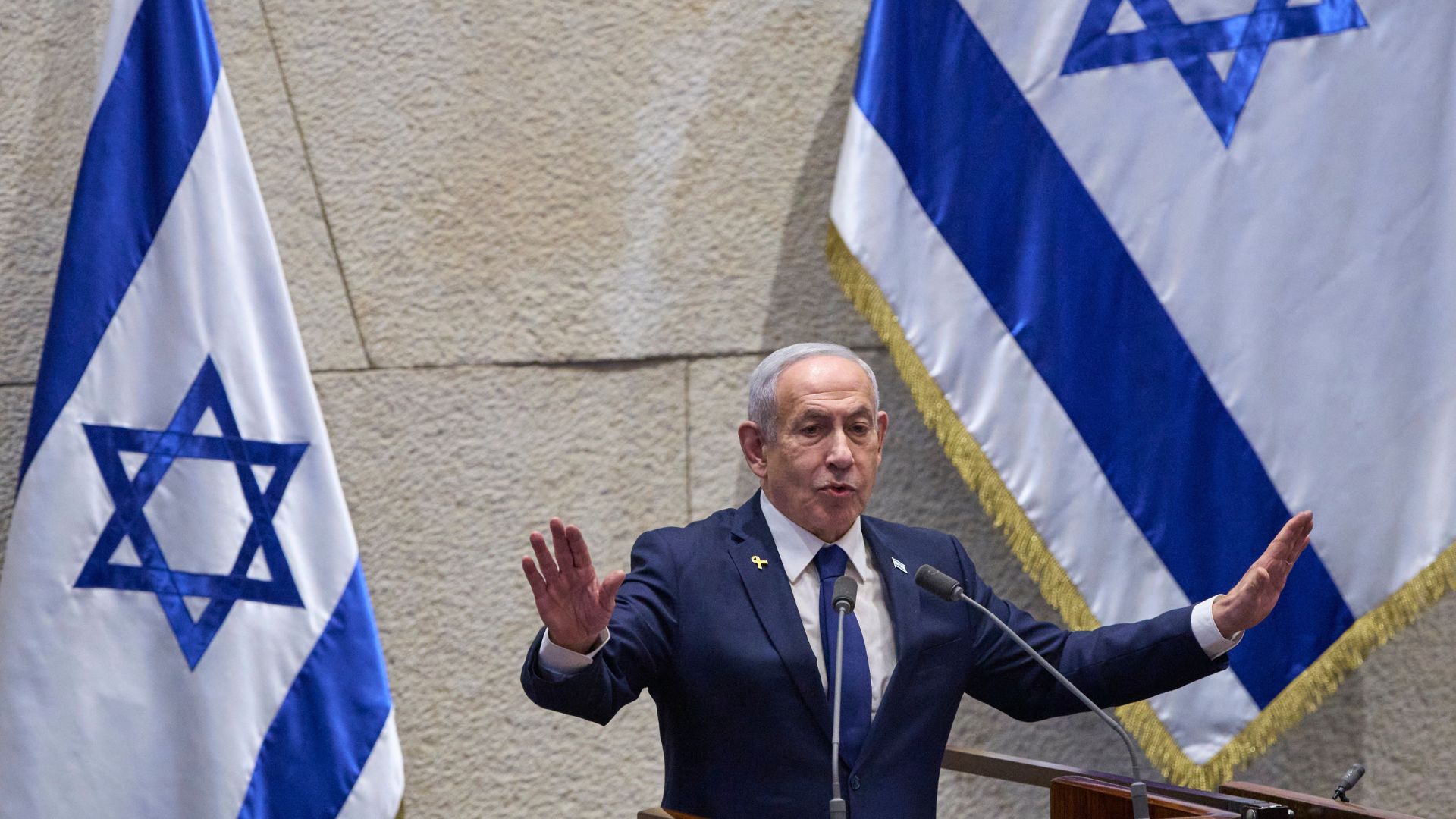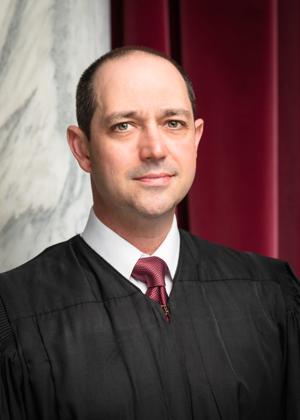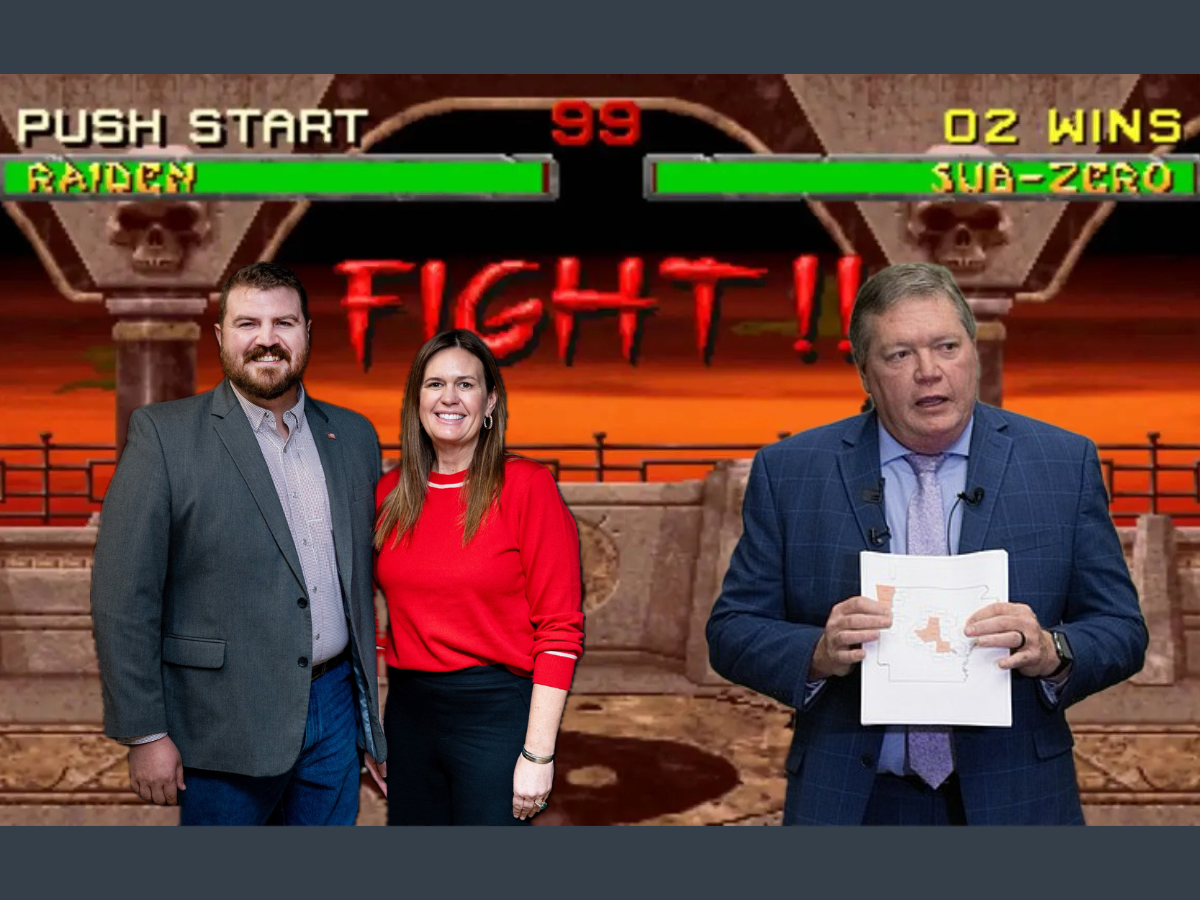Debate surrounding Halloween has persisted within Christian communities for decades, with opinions sharply divided. Some congregants argue that the holiday’s ties to the occult and its often macabre themes should exclude Christians from participation. Conversely, others view Halloween as an opportunity for family bonding—enjoying treats, watching films, and sharing a few scares. Regardless of individual perspectives, it is essential for church members to maintain unity and love for one another during these discussions.
The question of Halloween’s appropriateness is neither clearly condemned nor endorsed in scripture, positioning it as a matter of personal conscience. As highlighted by Pastor Nate Smith of Grace Community Fellowship in Red Bluff, CA, the Bible offers guidance for navigating such disagreements, particularly in Romans 14. This chapter underscores the importance of accepting differing viewpoints without letting them lead to quarrels.
Understanding Differing Views
In Romans 14:1-3, the Apostle Paul emphasizes the need to accept those with varying beliefs: “Now accept the one who is weak in faith, but not to have quarrels over opinions.” This principle encourages congregants to respect one another’s choices, be it about celebrations, entertainment, or other personal decisions. While healthy discussion can enrich the community, judgment or conflict over these issues should be avoided.
Moreover, Paul stresses accountability to God in Romans 14:4-6, stating, “Each person must be fully convinced in his own mind.” This serves as a reminder that individuals should discern how best to honor God in their choices. Those who choose to abstain from Halloween do so with their personal convictions, just as those who participate may enjoy the holiday as a form of gratitude.
Promoting Love and Peace
Another crucial principle from Romans is the importance of not causing others to stumble in their faith. Romans 14:13-15 warns against drawing others into a decision that conflicts with their conscience, noting, “Do not destroy with your choice of food that person for whom Christ died.” This sentiment highlights the need for love and consideration in discussions about participation in Halloween or similar dilemmas.
Unity should be the primary goal in any church setting. Romans 14:19 encourages believers to “pursue the things which make for peace and the building up of one another.” The holiday should not serve as a catalyst for division but rather an opportunity to strengthen bonds within the community.
As Pastor Nate Smith points out, while some may feel strongly against or in favor of Halloween, it is crucial not to let these differences overshadow the unity that exists among believers. His experience in youth ministry over the past 20 years, along with his family—his wife Melissa and children Ellie and Clark—reinforces the importance of maintaining love and respect amid diverse perspectives.
Ultimately, the discussion surrounding Halloween serves as a broader reflection on how faith communities navigate disagreements while upholding core values of love and acceptance. The key takeaway remains clear: no holiday, including Halloween, should jeopardize the unity and fellowship among members of the church.







